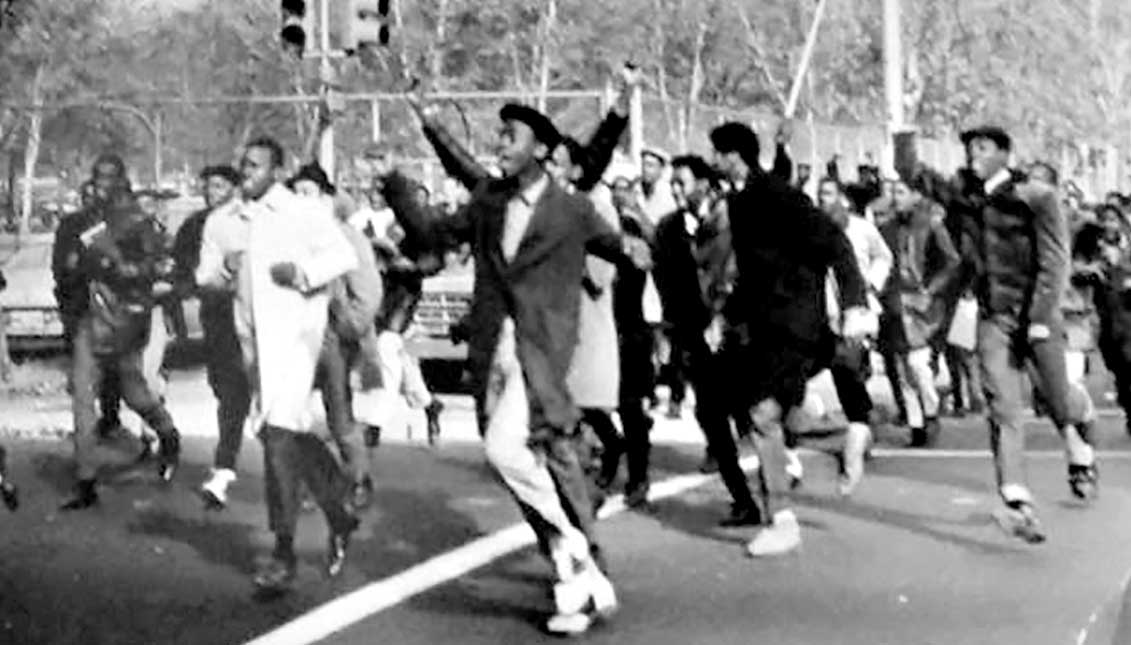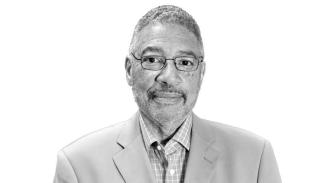
[OP-ED]: Police Riot: One Unique Philadelphia Day Of Protest
On a sunny Friday afternoon 50-years ago this week two monumental events occurred in Philadelphia, one distinctive, the other despicable.
On November 17, 1967 one America’s largest ever protests by high school students took place on the Benjamin Franklin Parkway when thousands of students from every public high school in Philadelphia gathered outside the then School District headquarters building.
The students were demanding an array of changes including improved conditions at decrepit schools, more black administrators, the ability to wear natural hair and creation of Black History classes.
As those students peacefully milled around while their leaders were inside holding a long scheduled meeting with the School District officials they were attacked by two hundred helmeted police who brutally swung nightsticks smashing the black students, their interracial adult supporters and even School District officials who tried to stave off that unprovoked attack.
Then Police Commissioner Frank Rizzo, claiming students were riotous, ordered that assault – one of the largest ever police beatings of teens.
During that ‘Police Riot’ scores of students were injured, some so serious they required hospitalization. Rizzo defended that use of force, even on females,
Philly’s then Mayor hailed Rizzo’s attack, protecting police thuggery while teaching those battered teens a lesson in contempt.
A federal civil rights lawsuit filed by the brutalized students sputter when a special three judge panel ruled Rizzo’s actions justified even before lawyers for those students presented all of their evidence. That perverse ruling taught students an ugly lesson in systemic injustice.
Protesting students received widespread support, like white students and teachers protesting at police headquarters, Protesting students also received criticism from unlikely sources like the teachers union and self-styled ‘respectable’ blacks.
That union’s then president assailed School District officials for ‘appeasing’ students by approving their requested Student Bill of Rights and he bashed many protestors as “habitual truants [not] interested in” Black History. One columnist for the black owned Philadelphia Tribune newspaper castigated Black Power advocates for trying to “implant a racial bitterness in the minds of Negro children.”
Student leaders enlisted noted activist Walt Palmer to help them obtain changes in school system procedures. Palmer said the 11/17/1967 protest was the product of over one year of intense organizing of students. It was preceded by mini-walkouts at various schools.
“That 1967 protest was really tactical. Even black kids in Catholic schools walked out that day,” Palmer said during an interview last week. “Social change work takes sacrifices.”
Palmer, now 83-years-old, feels a state marker is needed to commemorate that historic protest. He reminded that no one should “minimize the attacks on those students” by Philadelphia police.
A series of events are scheduled this week to recognize the anniversary of that 11/17/1967 protest. Events include a teach-in at Martin Luther King High School and a program at the Afro-American Museum in Center City.
City Councilwoman Helen Gym, a long-time advocate for public education, plans to honor that 1967 protest and other student activism with issuance of a Resolution during this week’s Council meeting.










LEAVE A COMMENT: